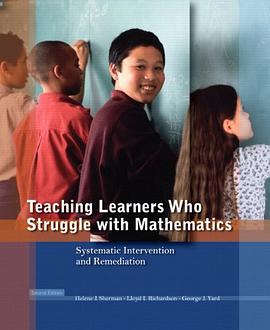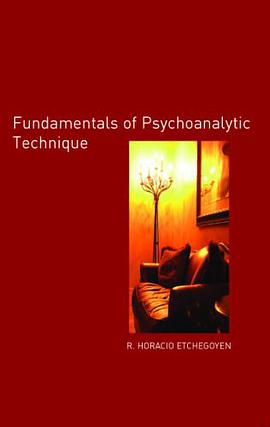

具体描述
The author argues for the profound importance of trusting the unconscious psyche in therapeutic work with adults. She considers various analytical meanings of the term "the self," with reference to a wide range of theorists, and various ways of thinking about the development of the ego. She uses primarily a Jungian model of the psyche, from a developmental perspective--based on the assumption that the ego evolves in infancy and childhood out of a primary psychosomatic self. The self remains always greater than the ego and has infinite resources on which the ego can draw. The ongoing process of including more of this self in consciousness is what Jung calls "individuation." This theoretical approach is firmly grounded in clinical experience and case material illustrates the theory throughout. The author considers different techniques, which the therapist can use to facilitate the dialogue between the self and the ego. She also shows how the therapist's amplification of the patient's material can range from their personal developmental experience through the collective store of archetypal material in religious story, myth, fairytale, film, poetry, and drama.
作者简介
目录信息
读后感
评分
评分
评分
评分
用户评价
相关图书
本站所有内容均为互联网搜索引擎提供的公开搜索信息,本站不存储任何数据与内容,任何内容与数据均与本站无关,如有需要请联系相关搜索引擎包括但不限于百度,google,bing,sogou 等
© 2026 book.wenda123.org All Rights Reserved. 图书目录大全 版权所有




















